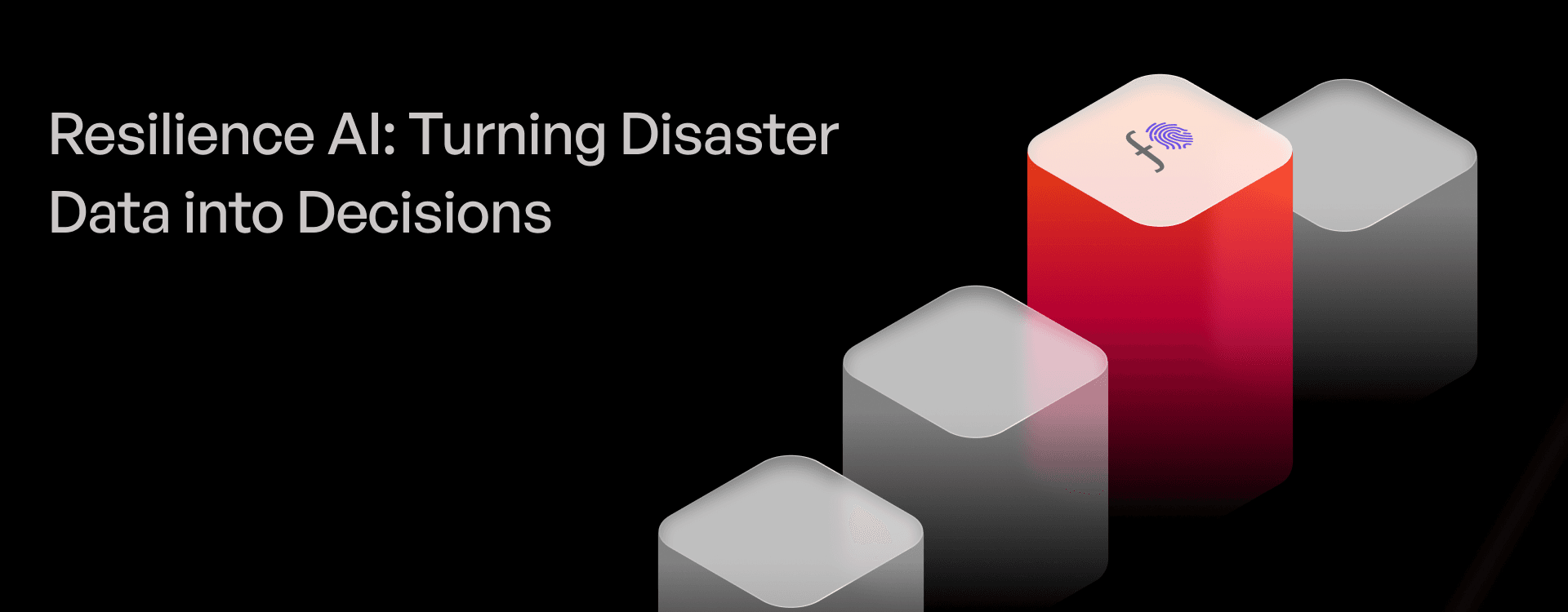Selected to Forbes DGEMS 2024 Select 200, Resilience AI is a climate-tech company
building what it calls a Disaster Decision System for governments and enterprises. Founded
in 2023 by Samhita R, Dr. Anshu Sharma and Sundeep Reddy Mallu, the company’s premise
is simple: business continuity breaks down when risk information is annual, manual and
siloed. Resilience AI’s flagship product, Resilience360™, converts multi-source hazard and
exposure signals into ranked actions that operators can execute.
Resilience360 integrates 80+ climate, geospatial, built-environment and social-vulnerability
parameters. Using a multi-stack approach (machine learning, computer vision and generative
AI for reporting), the software produces hyperlocal asset-level scans, readiness indices
and audit-ready evidence in operational timeframes: asset and parcel scans in under 30
minutes per square mile; a business-unit operational preparedness index in ~90 minutes;
and risk diagnostics with compliance bundles within 72 hours. Outputs include prioritized
action lists with owners, cost bands and timelines, plus drill and governance notes for annual
refresh.

Resilience AI closed a $1 million seed round in December 2024 led by Kalaari Capital’s CXXO initiative, with participation from Java Capital. The funding is being used to deepen the product’s scoring and reporting layers, expand integrations for compliance and insurance workflows, and support pilots with agencies and operators outside India. The team is also developing Bharat Atlas, a nationwide structural risk layer intended to improve policy planning and local resilience programs.
Resilience AI frames its impact in operational terms: faster time-to-decision, consistent scoring across portfolios and evidence that satisfies regulators, boards and insurers. By packaging science and software into a single window for multi-stakeholder decisions, the company aims to reduce disaster-related downtime and loss while improving preparedness at scale. For a world facing rising event frequency and complexity, the company’s proposition is pragmatic: move from maps and reports to decisions and execution; on one platform and on the clock.


